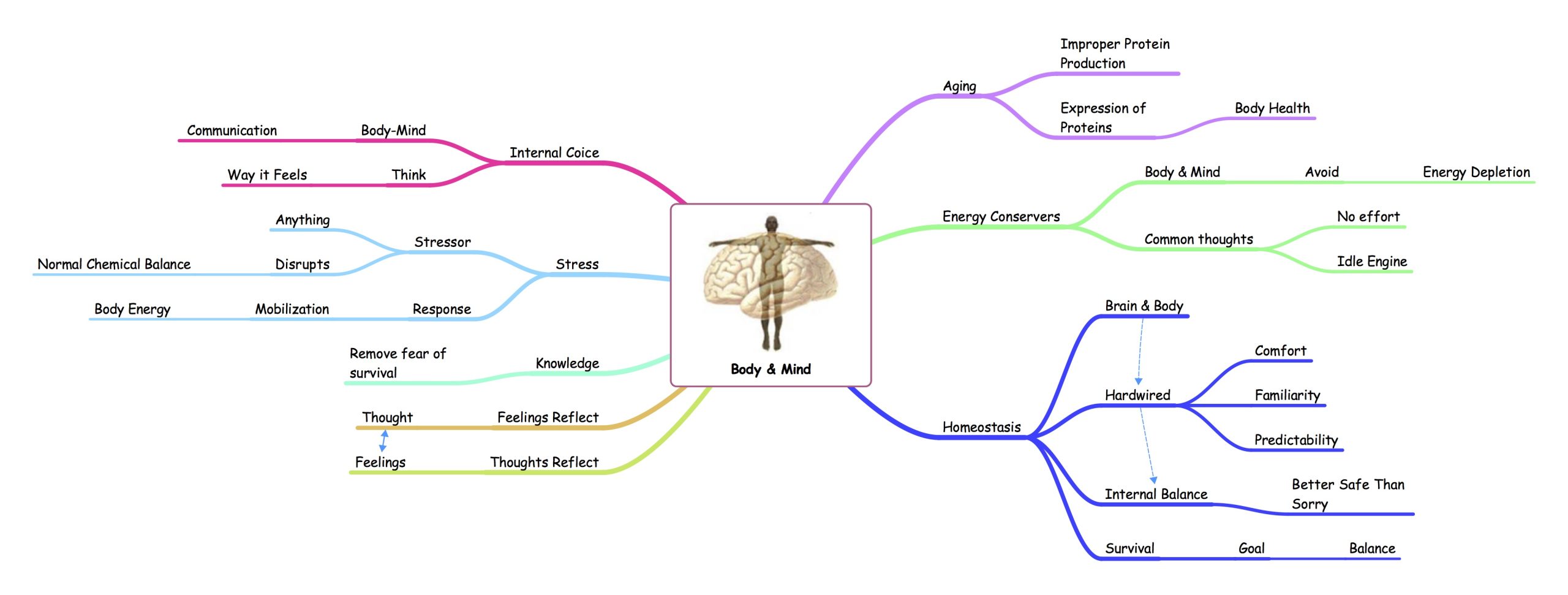Brain Health, Mental Health, Healthcare
Brain Health
Keeping our brains healthy is essential, as it is one of the most vital organs in the human body. “The brain is a complex organ that controls thought, memory, emotion, touch, motor skills, vision, breathing, temperature, hunger and every process that regulates our body” (John Hopkins Medicine, n.d., para. 1). According to the World Health Organization (2024), brain health refers to how well the brain works in areas such as thinking, sensing, emotions, behaviour, and movement, which enables individuals to achieve their maximum capability throughout their lives, regardless of whether they have any disorders or not. Factors such as physical fitness, healthy surroundings, safety, and good services can affect how the brain grows and responds to stress.

Having a healthy brain is crucial for life because it supports social and economic progress and boosts the economy. The relationship between brain health and aging is greatly emphasized; it is commonly thought that as people age, there is a decline in cognitive health. This has been proven to be untrue, as the National Institute of Aging (2023) found that “Aging may also bring positive cognitive changes. For example, many studies have shown that older adults have larger vocabularies and greater knowledge of the depth of meaning of words than younger adults.” The brain is constantly evolving, so it is important that different professionals work together and take a comprehensive approach to issues with the brain and nervous system, such as congenital and neurological disorders. This brings us to review the concept of cognitive health.
References
John Hopkins Medicine. (n.d.). Brain anatomy and how the brain works. https://www.hopkinsmedicine.org/health/conditions-and-diseases/anatomy-of-the-brain
National Institute on Aging. (2023, June 27). How the brain affects thinking. https://www.nia.nih.gov/health/brain-health/how-aging-brain-affects-thinking
World Health Organization. (2024). Brain health. https://www.who.int/health-topics/brain-health#tab=tab_1
Image Credit
Figure 1: Evolve your brain book notes by staroversky, CC BY-NC 2.0.
A state of well-being, including physical health, strength, and flexibility.
Mental well-being and the capacity to think, learn, and remember.

